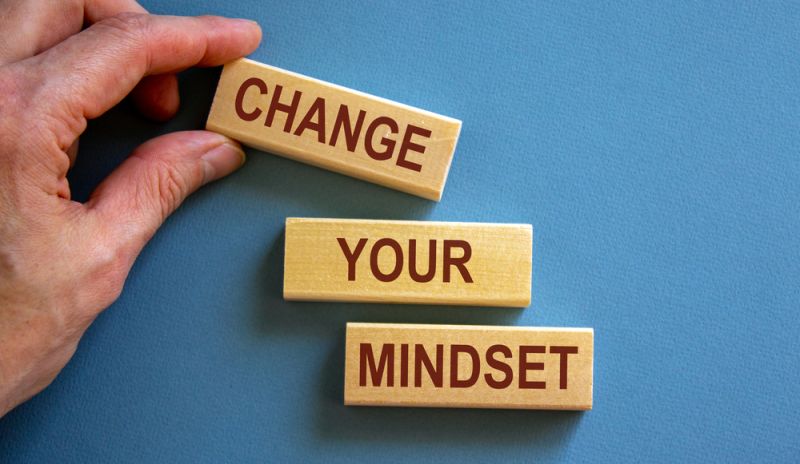How Do You Measure Success After Sales Training?
In the business landscape of New Zealand, particularly in Auckland, sales training programmes are crucial for upskilling sales teams and enhancing their performance. Yet, the effectiveness of these programs often hinges not just on the training itself but on how success is measured afterwards. Effective measurement and evaluation not only justify the investment in sales training but also inform ongoing improvements and adaptations to the training strategy.
Setting the Stage for Measurement.
Before diving into the metrics, it’s essential to align the training outcomes with the strategic goals of the organisation. Whether you’re a sales manager, HR professional, or in Learning and Development, the first step is to define what success looks like for your specific environment. Does success mean a direct increase in sales numbers, or does it encompass broader objectives such as improved customer relationships and enhanced team morale?
Key Metrics to Consider:
-
Sales Performance Metrics:
- Revenue Increase: Post-training, a fundamental metric is an uptick in sales figures. Comparing the revenue generated before and after training sessions can provide clear evidence of training effectiveness.
- Conversion Rates: Improvement in conversion rates can be a direct indicator of sales training efficacy. An increase suggests that sales reps are better at closing deals, a core focus of many training programs.
-
Behavioural Metrics:
- Customer Feedback and Satisfaction: Changes in customer satisfaction levels can be indicative of more effective sales techniques being employed. Surveys and customer feedback forms can yield insights into how sales interactions have improved post-training.
- Engagement and Motivation: Enhanced engagement levels are often a byproduct of effective training. Metrics such as increased activity in CRM systems or higher attendance at sales meetings can signal greater sales team motivation.
-
Learning and Development Metrics:
- Knowledge Retention: Quizzes and assessments before and after the training help measure what the team has learned and retained.
- Application of Skills: Observing how well sales representatives apply new skills and techniques in real-world scenarios is crucial. This can be assessed through role-playing exercises during follow-up sessions or on-the-job observation.
-
ROI and Business Impact:
- Return on Investment (ROI): Calculating the ROI of training by comparing the cost of training against the increment in sales provides a direct economic measure of success.
- Business Impact: Beyond direct sales metrics, the broader impact on business operations, such as reduced sales cycle lengths or improved internal communication, can also signify successful training.
Gathering Data: Methods and Tools.
Implementing a robust framework for data collection is pivotal. Tools such as CRM software can track sales metrics effectively, while L&D platforms can help monitor learning progress and engagement. Regular follow-ups and feedback sessions with the sales team will also provide qualitative insights that complement the quantitative data.
Continuous Improvement.
The evaluation of sales training should not be seen as a one-off activity but rather as part of a continuous improvement process. Regularly scheduled assessments, refresher training, and adapting training methods based on feedback and results are essential for maintaining and enhancing the effectiveness of sales training programs. We use our online platform to ensure sales professionals have ongoing support, education and reports generated for their managers to track their progress and see how they have implemented the learnings from our programmes and applied them to their day-to-day sales.
Measuring Success in Sales Training
Measuring the success of sales training in New Zealand, especially in dynamic markets like Auckland, requires a multi-faceted approach. By focusing on a combination of sales performance, behavioural changes, learning outcomes, and broader business impacts, organisations can truly gauge the effectiveness of their training investments. As the business world continues to evolve, so too should our approaches to training and development, ensuring that sales teams remain competitive and effective. Training is not a one-and-done effort. Learning is continuous and we are dedicated to supporting the continued learning of salespeople in New Zealand.
By integrating a strategic focus on outcomes with robust evaluation methods, businesses can not only demonstrate the value of their sales training programmes but also continuously refine their strategies to meet the ever-changing demands of the marketplace.
If you are interested in learning more about effective sales training strategies, or want to speak to a professional trainer, contact us here.
